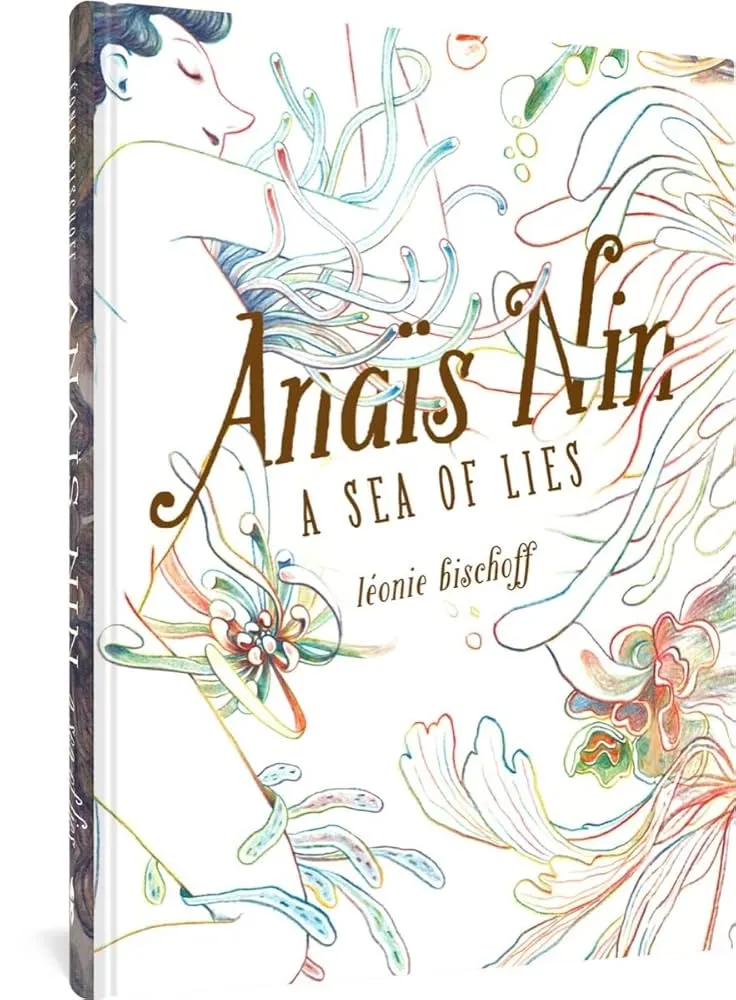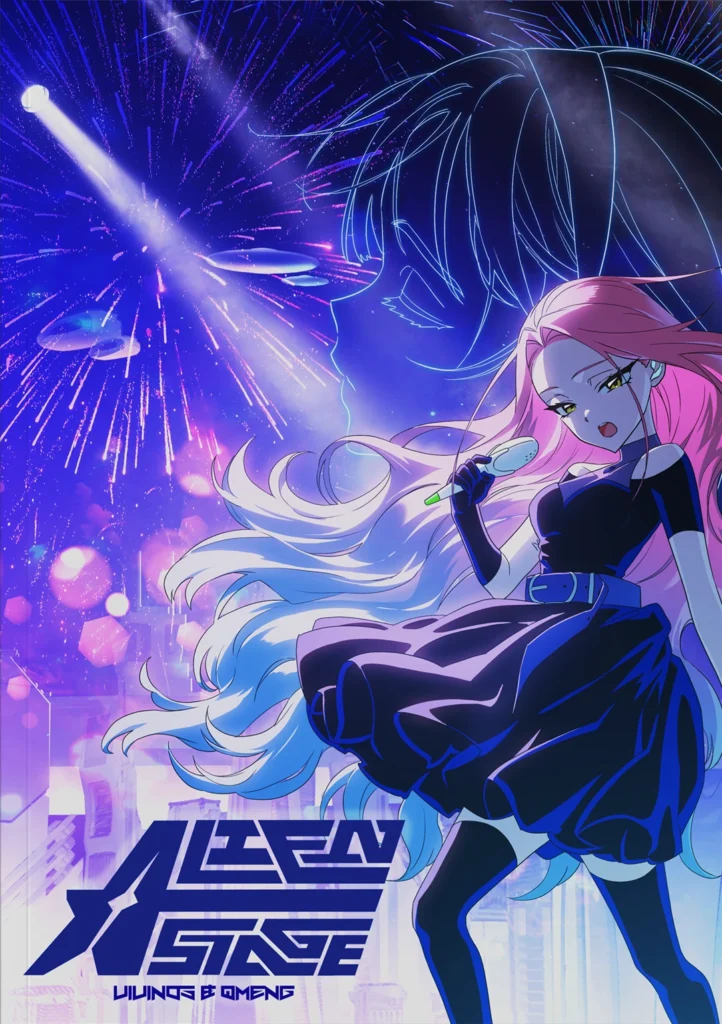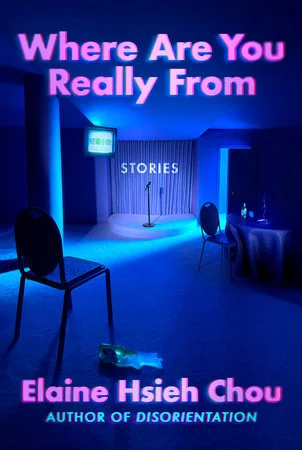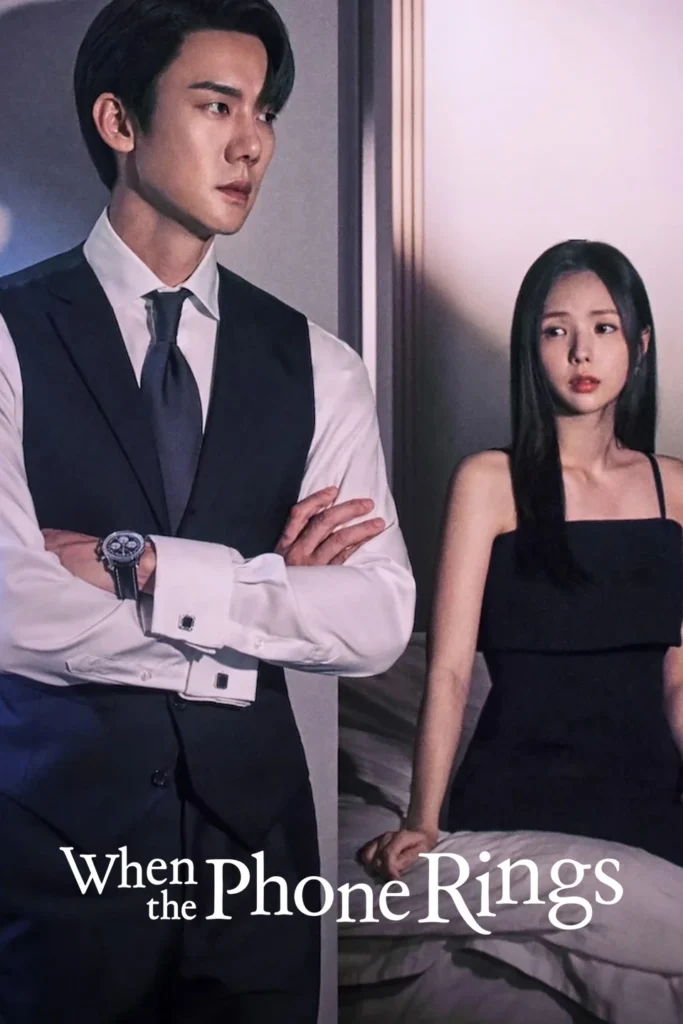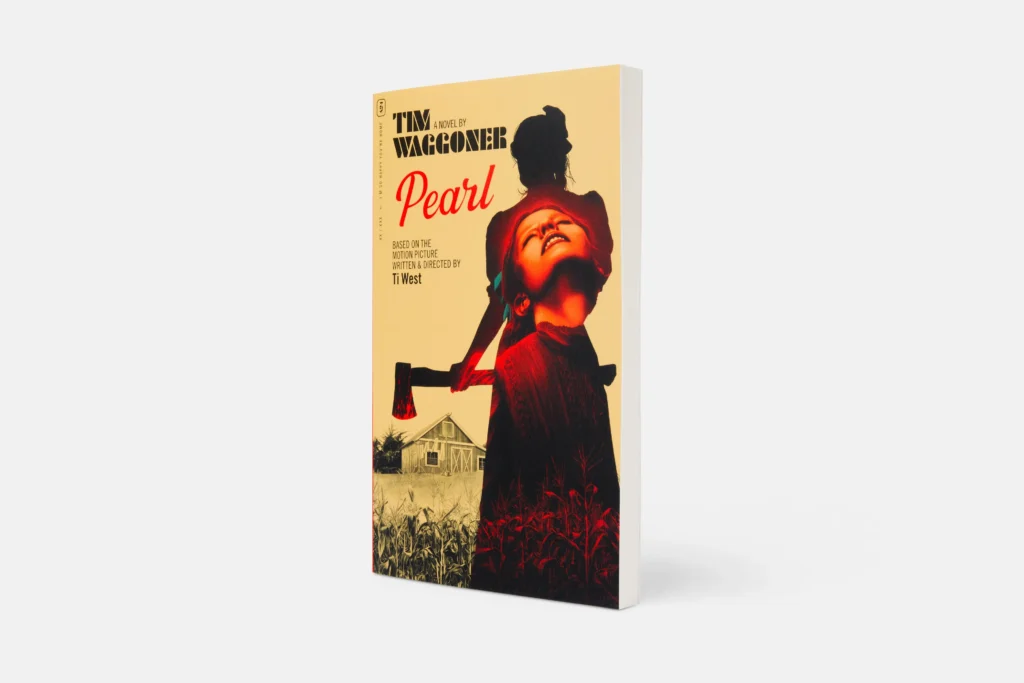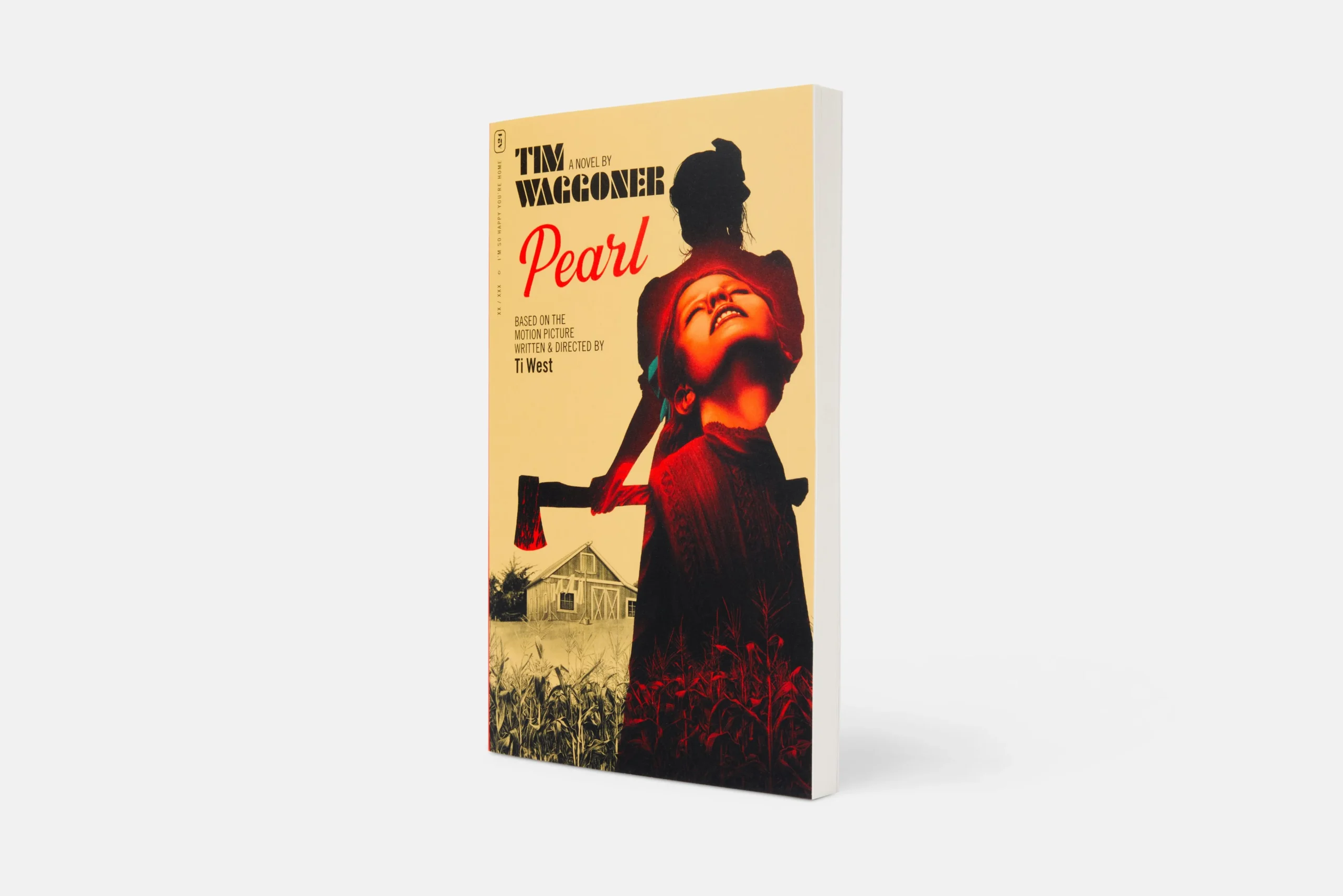
September Staff Picks
Words By F(r)iction Staff
Franchesca Nicole Lazaro
Anaïs Nin: A Sea of Lies
Anaïs Nin: A Sea of Lies by Léonie Bischoff, translated by Jenna Allen, is a graphic novel that left a terrifying impression on me. I’ve been collecting pieces of Nin’s works and biographies for a deep dive, but I first encountered this book at my local library while I was picking up a hold. Reading it before diving into her own writing gave me a powerful glimpse into the struggles that shaped her voice.
What struck me most was how Bischoff depicts Nin’s inner life. The pacing follows Nin’s shifting relationships with her husband, Henry Miller, June Miller, her father, and others, while weaving in her conflicts over art, sexuality, and selfhood. The illustrations move fluidly between grounded scenes and surreal, dreamlike imagery, echoing Nin’s own literary style.
For me, the book clarified not only why Nin wrote the way she did, but also how much her life was entwined with her art. It made me reflect on how interpersonal relationships and emotional pain shape creativity in ways that are both generative and haunting.
I’d recommend this graphic novel to anyone curious about how relationships, sexuality, and abuse can influence art. Brace yourself: it challenges how you think about intimacy, expression, and what it means to make art out of life.
Melissa Chew
Alien Stage
If you love battle royales, doomed romance, and finishing a story that tells yourself “we live in a society,” do I have the show for you. Alien Stage recently finished its first season, leaving me sadder than when I started, and singing it’s OST like I’m back in my 2015 Hamilton phase (my favorite song is Wait for It). Expect tears in the later episodes but trust me—the pain is worth it.
The plot revolves around aliens enslaving humans and dragging them into their planet to serve as pets. Because of humans’ “beautiful voices,” aliens send their pets to compete in the Alien Stage with musical training from youth in the Anakt Garden. The competition is a year-round robin to the death where the best singer survives their way to achieve “freedom.” This dystopic, idol-themed animation is an excellent subtextual commentary on society, freedom, and love, portrayed beautifully through unreliable narrators and weave-ins of lore, lyrics, and genius imagery.
Once I started, I couldn’t stop. I broke out in cold sweats thinking what could possibly happen next while somehow grooving to the songs in the episodes (and later singing them in every karaoke bar when I had the chance.) Expect to be indecisive about who your favorite character or pairing is because the cast and their relationships are so well written and hidden with immense lore that the theories compete with the lorecrafting fans of Five Nights at Freddy’s.
Gosh. Now I want to rewatch Alien Stage.
Mika Ellison
Where Are You Really From
I recently read Where Are You Really From, the new short story collection from Elaine Hsieh Chou. I loved Disorientation, her debut novel, because it was an absolute page-turner, but also has this beautiful quality of feeling like Chou was holding up a concept and turning it so that it reflected the light in new ways, refracting into different colors and shapes.
The stories in Where Are You Really From do the same thing, which features themes of family estrangement, American citizenship, and self-alienation. Chou’s stories draw you in by their overwhelming feeling of normalcy, even comfort. They are replete with familiar settings, from jobs to apartments to movie sets; it feels as though you could slot right into the background of her character’s lives—in fact, maybe they’re in the background of your life, just under your radar. Then, so slowly you don’t notice it, the story begins to dip into the realm of the strange and absurd. Before you know it, it’s difficult to tell what’s real and what isn’t. Somehow, Chou is able to slip in the weird and bizarre exactly where we don’t expect it, where, like an optical illusion, it lurks in our blind spot until we realize it’s been there the whole time. She also writes about the magical elements of her stories with the same knowing, clear, eye as she does the rest, until everything feels equally absurd, from the strangeness of meeting a parallel-universe version of you to the sudden, wrenching absence of a childhood friend.
Olivia Ocran
When the Phone Rings
Before I tell you about this show, it’s important you know I am the worst at watching any TV series. There are plenty of shows I’ve loved and binge-watched for days on end, just to abandon them a few episodes from the finale. I don’t know why I do this, but When the Phone Rings was not a victim of my erratic TV consumption.
The twelve-episode series follows a married couple searching for the identity of their blackmailer who communicates through anonymous phone calls, while repairing their marriage before divorce becomes the only option. For those of you (like me) who fancy action-packed, fast-paced shows such as Alice in Borderland and those who love to see a character receive exactly what’s coming to them like in Girl From Nowhere, and those who love a swoon-worthy romance to weave it all together, When the Phone Rings is perfect for you! This show strikes a perfect balance between joining the ranks of the popular k-dramas we’ve all come to know and love, and a thriller that has you at the edge of your seat by the end of the episode.
Taylor Pittman
Pearl: The Novel
Pearl, the film, was released in 2022 and featured one of the best modern female slashers brought to screen. I was a little late to the game, but Tim Waggoner released a novelization of the film, and I read it a couple of weeks ago. The novelization follows a young woman from East Texas as she dreams of becoming a movie star in 1918. She lives with her overbearing (yet neglectful) mother, sick father, farm animals, and pet alligator. However, the story takes a dark turn as we quickly realize Pearl has violent tendencies and a desperate need to get away from home. Still, I found myself sympathizing with her at times as I saw how her family treated her and her childlike desire to follow her dreams.
Mia Goth’s breathtaking performance was missed, but Waggoner still brought Pearl to life in a new way as we get insight into her descent to madness and craving for blood lust. Pearl is a twisted, complex character that explores how nature vs nurture influence a person to become something inhumane. Family trauma, a global pandemic, and isolation push her to the edge. Waggoner is no stranger to film-to-book adaptions, and I was thrilled when I saw he took on Pearl. He also did novelizations of the other two films in the series, X: The Novel and MaXXXine: The Novel, which I will definitely be reading.
